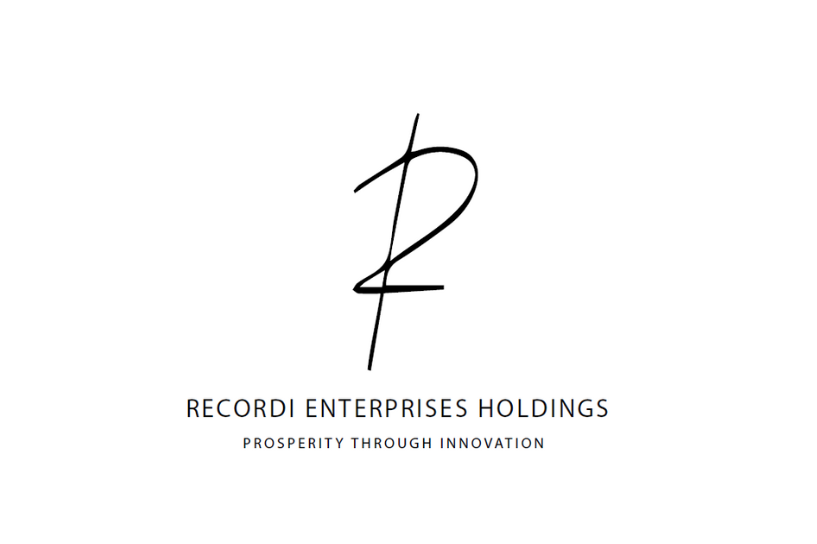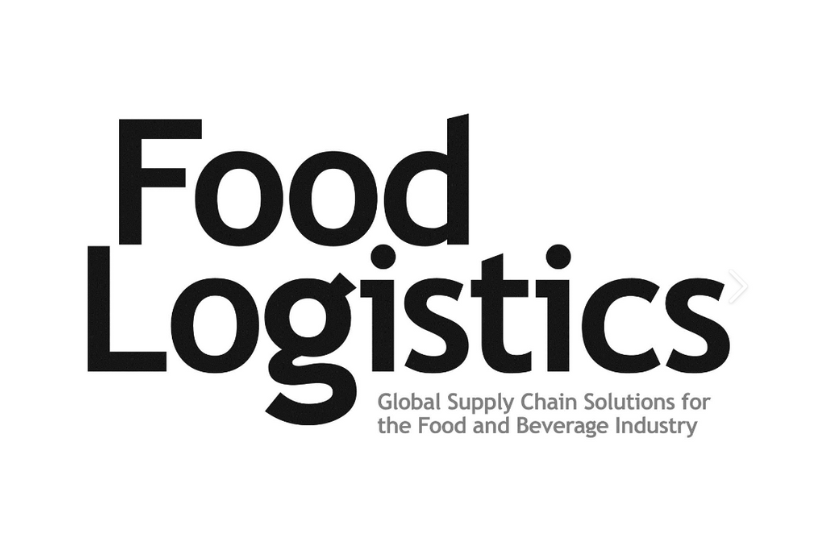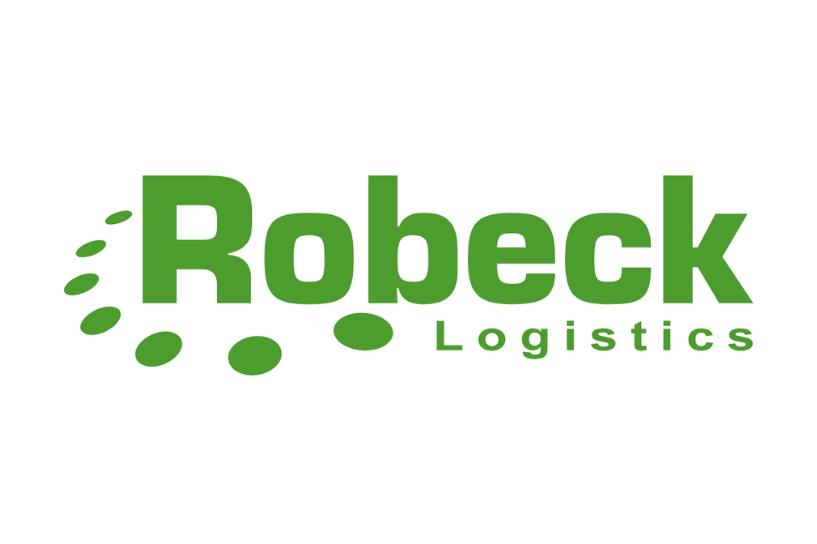Unpacking the Promises: Black Industrialists and Exporters Conference
In recent years, South Africa has witnessed a surge in promises from corporate giants to support black-owned businesses, particularly following governmental initiatives like the Black Industrialists Programme. President Cyril Ramaphosa’s announcement of big businesses pledging billions of rands in procurement to black-owned firms has ignited hope for a more inclusive economy. However, amidst the flurry of promises and pledges, questions persist: Are black small businesses genuinely receiving the support they need, or is this merely another political maneuver ahead of elections?
The Black Industrialists and Exporters Conference
The Black Industrialists and Exporters Conference serves as a pivotal platform where these promises are tallied and showcased. With over 1,000 delegates in attendance, the event underscores the commitment of both governmental and corporate entities to empower black entrepreneurs. The injection of funds, loans, equity, and other support measures into black-owned firms, especially in manufacturing, appears promising at first glance. However, the true litmus test lies in the execution and sustainability of these commitments.
President Ramaphosa’s Call for Unity
President Ramaphosa’s impassioned call for unity in building a more inclusive economy resonates deeply. It encapsulates the essence of the matter – creating an environment where every entrepreneur, irrespective of background, has the opportunity to flourish. The participation of corporate giants such as Rainbow Chicken, Astral, Nestle, BMW, Samsung, Spar, and Takealot signifies a step in the right direction. Nonetheless, it also raises concerns about the authenticity of these commitments and their tangible impact on black small businesses.
Challenges and Considerations
While the numbers may appear impressive – R261 billion pledged over the next five years – the devil is in the details. How will these funds be allocated? What mechanisms are in place to ensure transparency and accountability? Will black small businesses have equitable access to procurement opportunities, or will they continue to encounter systemic barriers and discrimination? Historically, South Africa has grappled with entrenched economic disparities, exacerbated by the legacy of apartheid. Initiatives like the Black Industrialists Programme aim to address these inequalities by fostering economic empowerment and job creation within the black community. Nevertheless, the journey towards economic transformation is fraught with challenges, including bureaucratic hurdles, limited access to funding, and persistent inequalities in the business landscape.
The Path Forward
The success of these initiatives hinges on a multifaceted approach that encompasses not only financial support but also capacity building, mentorship, and market access for black small businesses. Furthermore, corporate accountability and genuine commitment to transformation are imperative. Mere rhetoric is insufficient; genuine change necessitates sustained effort and collaboration between government, corporates, and civil society.
Conclusion
As South Africa approaches elections, the spotlight shines brightly on these pledges and commitments. The electorate demands more than mere words – they seek tangible results that uplift communities and create opportunities for all. While the promises of support for black small businesses in South Africa are commendable, they must be accompanied by concrete action and accountability. The true measure of success lies in the implementation and impact of these initiatives on the ground. Only then can South Africa truly realize its vision of a more inclusive economy, where every entrepreneur, regardless of background, has the opportunity to thrive.






















